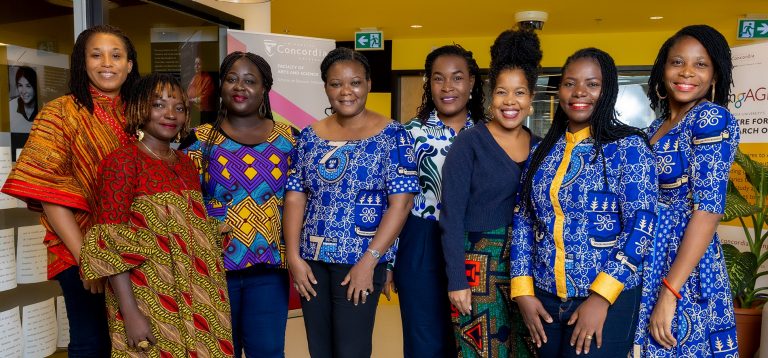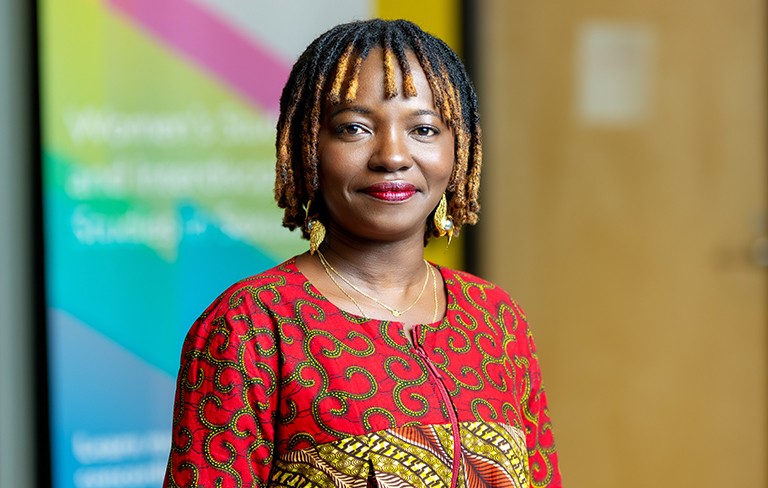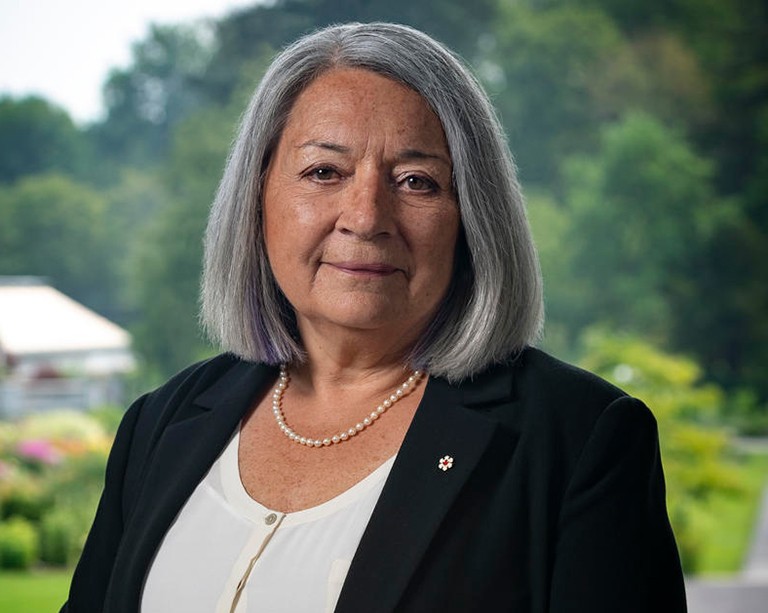Early career academics from Concordia and the University of Ghana unite to challenge academic boundaries

Concordia is hosting seven early-career scholars from the University of Ghana this spring, as part of the Queen Elizabeth Scholars West Africa project.
The initiative is led by Oceane Jasor, associate professor in the Department of Sociology and Anthropology, along with the University of Ghana’s Deborah Atobrah and Charlotte Wrigley-Asante. It aims to foster collaboration and knowledge exchange on gender equality between Canadian and West African scholars.
The scholars engage in various activities, including individual and collaborative research, professional development workshops and engagement with non-academic organizations.
For Jasor, the initiative underlines the importance of global engagement and collaborative, decolonial approaches to academia.
“These interactions not only contribute to academic knowledge but also emphasize the importance of transnational academic collaborations that foster personal and professional growth among participants,” she says.
Concordia International (CI) was instrumental in helping make the project a reality by supporting Jasor with the Queen Elizabeth Scholars program, from the application to the implementation stage. Launched in 2014, the Canadian Queen Elizabeth II Diamond Jubilee Scholarships program, known as the Queen Elizabth Scholarships, was created to improve global talent exchange between Canada and other nations.
“The initiative represents Concordia’s commitment to global collaboration and underscores our ability to foster meaningful partnerships that transcend geographical boundaries,” says Julio Sevilla, international programs manager at CI.
“In this case there is not only a mutual benefit for our communities, but the potential of creating long-term partnerships and links in Ghana and the African continent.”
This summer, a group of early career scholars from Concordia will visit Ghana for the second leg of the program.
2 Queen Elizabeth Scholars, in their own words
 Abena Kyere
Abena Kyere
Abena Kyere
Researcher with the Center for Gender Studies and Advocacy at the University of Ghana
My research primarily explores power dynamics, particularly within religion, popular culture and gender studies. I’m interested in understanding how power is generated, accessed and distributed in these contexts, with a specific focus on women’s experiences and empowerment.
As a researcher with a feminist and postcolonial lens, I found Concordia’s call for collaboration aligned perfectly with my research interests. The opportunity to work with scholars from diverse backgrounds, both locally and globally, was appealing.
These exchanges provide valuable insights into diverse perspectives and contexts within feminist and academic spaces. They challenge preconceptions and offer new understandings of complex issues.
 Cecilia Avorkliyah
Cecilia Avorkliyah
Cecilia Avorkliyah
Lecturer at the University of Media, Arts and Communication and a PhD candidate with the University of Ghana Institute of African Studies
As a filmmaker by profession, I chose to create a film focused on domestic violence. I’ve observed many cases growing up in Ghana. Despite laws and policies in place, there’s a culture of silence surrounding family issues, making it difficult for people to speak up. My documentary, titled The Loud Silence, explores this culture of silence and its impact on victims.
My experience at Concordia has been mainly about networking and collaborating with scholars in my field. We’re all working toward the UN Sustainable Development Goals. My focus is on SDG 5 – gender equality and empower all women and girls. Hearing about other scholars’ work and sharing ideas has been empowering.
I believe academics everywhere often produce content that remains inaccessible to the communities they study. In Ghana, as well as here, it’s crucial to disseminate knowledge effectively. My documentary aims to reach policy-makers, government officials, social workers and victims themselves, sparking conversations and actions against domestic violence.
Learn more about international research opportunities at Concordia International.


